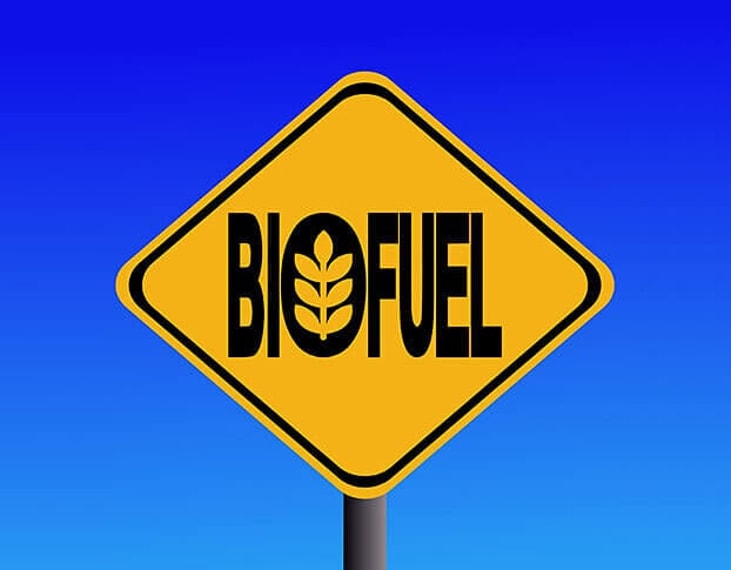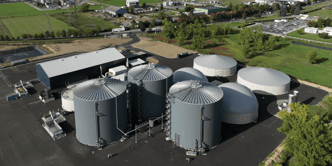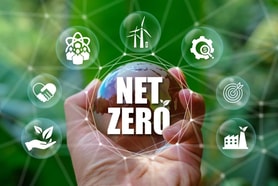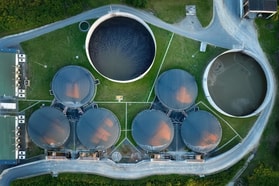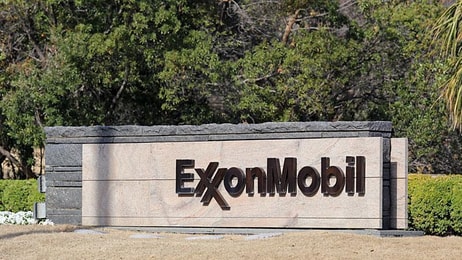US DOE supports biofuels and bioproducts production with $18.6m
The U.S. Department of Energy (DOE) is allocating $18.6m to boost the production of cost-effective biofuels and bioproducts aimed at curbing greenhouse gas (GHG) emissions.
Eight different university and industry projects across eight different states will get a cut of the capital, described as a “critical investment”.
In addition to putting the US on a path to a clean and equitable energy economy, the projects will also support the DOE’s investment in the development and production of biofuels and innovation and growth in agricultural industries.
The capital will also help the US to achieve the SAF Grand Challenge goal of producing 35 billion gallons of low-greenhouse gas emission sustainable aviation fuel (SAF) made from domestic biomass and waste resources annually by 2050.
... to continue reading you must be subscribed

